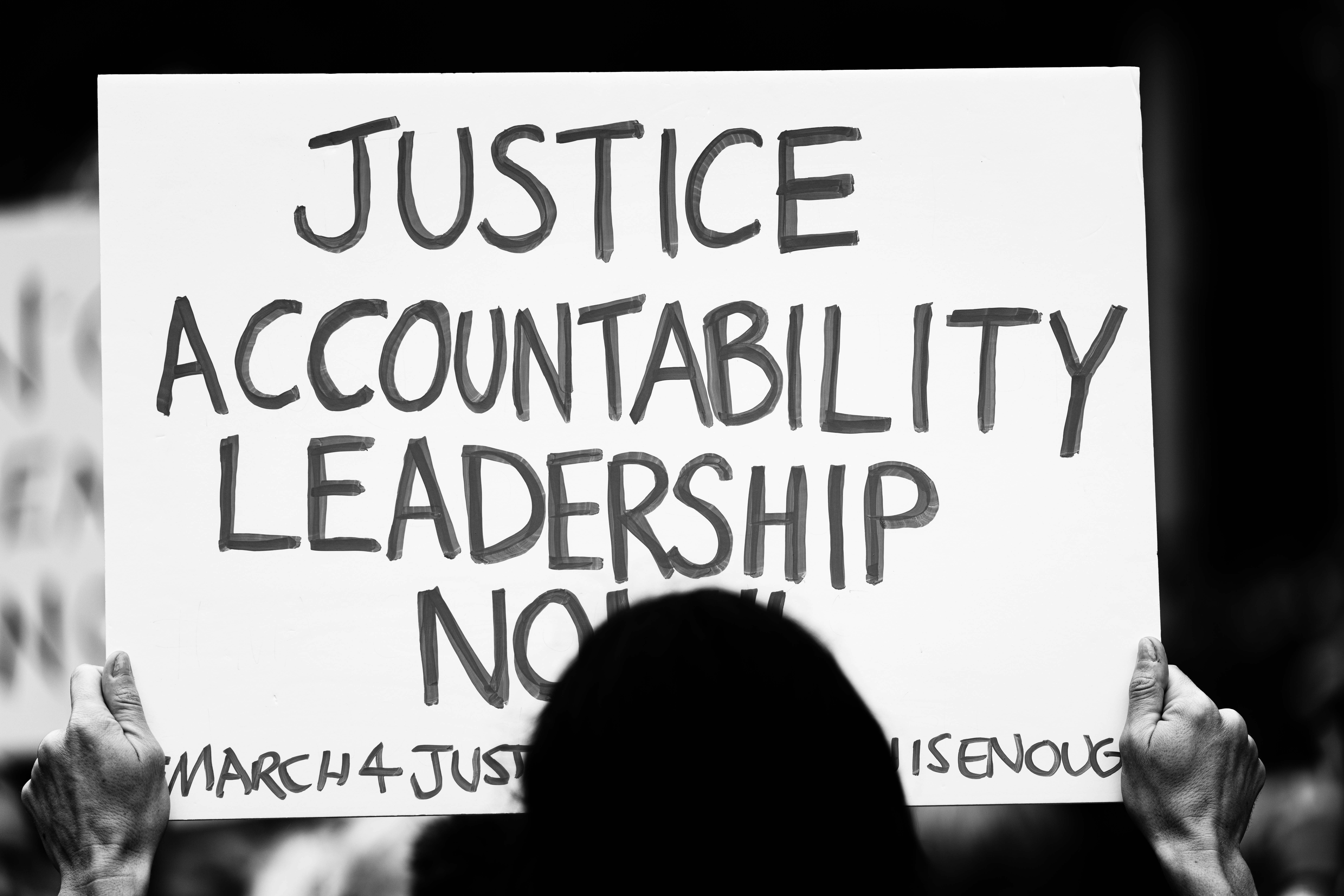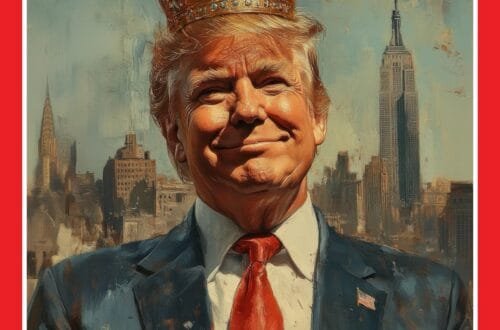New Republican Tax Bill: A Deep Dive into Its Implications

Understanding the Tax Bill’s Impact on Social Programs
The newly introduced Republican tax bill has raised significant concerns regarding its broader implications for social programs that are vital to vulnerable populations. A primary focus of this tax legislation is the implementation of extensive tax cuts, predominantly benefiting higher-income individuals and corporations. While the bill aims to stimulate economic growth through these reductions, it concurrently proposes substantial cuts to essential social services, including nutrition assistance programs like SNAP, as well as critical health care programs such as Medicaid and Medicare.
The cuts to these social programs are particularly concerning when considering their impact on groups that rely heavily on them. For instance, the reduction in funding for SNAP is likely to exacerbate food insecurity among households with children, leading to increased rates of hunger. This raises significant ethical questions about the priorities reflected in the government’s budgeting process; essentially, it positions tax relief for the wealthy against the fundamental needs of the underprivileged population segments.
Furthermore, the implications of cuts to Medicaid and Medicare are alarming for individuals with disabilities and older adults who depend on accessible healthcare services. Diminished resources could result in limited access to necessary medical care, leading to worsened health outcomes, increased hospitalizations, and higher long-term costs. College students, often navigating financial instability, may find their access to essential healthcare services strained. This poses challenges not only for their health but also for their academic progress, thereby affecting their future prospects.
Overall, the contrast between the government’s tax prioritization and the social program funding needs underscores the ongoing debate surrounding fiscal policy in the United States. It reflects a choice to prioritize tax relief for the affluent at the potential expense of programs critical for middle- and lower-income Americans. Understanding these implications is essential for evaluating the true impact of the new tax bill on society.
The Economic Rationale Behind Tax Cuts for the Wealthy
Proponents of tax cuts for the wealthy often argue that such reductions can lead to increased investments, job creation, and overall economic growth. This argument is primarily based on the theory of supply-side economics, which suggests that lower tax rates increase disposable income for high earners, allowing them to invest more in businesses, expand operations, and create new jobs. Advocates believe that a wealthier class is better positioned to contribute to economic stimulation, ultimately leading to benefits for all economic strata through a “trickle-down” effect.
Supporters also highlight the historical precedents where significant tax cuts were followed by periods of economic expansion. The premise is that by placing more money in the hands of wealthy individuals, these tax cuts serve as incentives for spending and investment, thus promoting economic growth. Additionally, proponents argue that the increased capital in the hands of entrepreneurs fosters innovation, which is a critical driver of productivity gains and job creation within the economy.
However, alternative perspectives suggest that these assertions may not hold as well in practice. Critics argue that the benefits of tax cuts for the wealthy disproportionately favor this demographic and do not extend adequately to lower-income brackets. They contend that the concept of “trickle-down” economics has not produced the anticipated results in many historical cases. Instead, a growing wealth gap has been noted, raising concerns about the legitimacy of the arguments supporting this policy.
Moreover, prioritizing tax cuts for affluent individuals could lead to reductions in essential social services, which play a vital role in stabilizing the broader economy. Cutting funding for public education, healthcare, and infrastructure can adversely impact societal welfare and economic resilience. As such, the efficacy of tax cuts for the wealthy as a stimulus for economic growth remains a topic of intense debate, warranting thorough examination of both their short-term and long-term implications on the economy.
Public Lands and Environmental Policy Changes
The recent Republican tax bill incorporates significant changes to public lands and environmental policies, particularly through provisions that facilitate the leasing of public lands to major oil companies. This shift is positioned as a strategy to bolster domestic energy production and economic growth. Proponents argue that increased fossil fuel drilling can enhance national energy independence and create job opportunities, presenting a compelling case in favor of traditional energy sectors. However, these arguments must be carefully weighed against environmental considerations and the growing urgent need for clean energy solutions.
Leasing public lands for oil extraction poses serious implications for the environment. The potential for soil degradation, water contamination, and damage to wildlife habitats raises legitimate concerns among environmental advocates. Critics of the tax bill assert that prioritizing fossil fuel extraction undermines efforts to combat climate change, which is increasingly recognized as a pressing global issue. The tension between short-term economic gains and long-term ecological sustainability highlights a controversial aspect of this legislation, as it appears to disregard commitments to transition to renewable energy sources.
Public sentiment regarding the leasing of public lands is varied. While some constituents support the expanded drilling as a means of stimulating the economy and reducing dependence on foreign oil, a significant portion of the population advocates for environmental protection and sustainable practices. Polls indicate that many Americans prioritize clean energy initiatives and express concerns over the impacts of fossil fuel extraction on future generations. The broader environmental ramifications are substantial, as decisions made today about public lands and resource management will inevitably shape the landscape for years to come.
The Political Landscape: Oligarchy’s Wish List or Economic Necessity?
The newly introduced Republican tax bill has stirred significant debate within the political sphere, prompting various stakeholders to raise questions about its motivations and implications. Critically, the bill has led to accusations of hypocrisy among House Republicans, particularly as they advocate substantial tax breaks for affluent individuals and corporations while simultaneously opposing funding for essential social programs. This dichotomy has not gone unnoticed by the public, contributing to a growing skepticism regarding the authenticity of the Republican Party’s commitment to fiscal responsibility and social equity.
The public perception of the tax bill is markedly polarized. Advocates argue that the tax breaks could stimulate economic growth, asserting that a reduction in tax burden would incentivize investment and job creation. Conversely, critics warn that the benefits are disproportionately skewed towards the wealthy, exacerbating economic inequality and underfunding crucial services such as education and healthcare. This dichotomy prompted protests and vocal opposition from various segments of society, including advocacy groups, labor unions, and progressive lawmakers, all of whom emphasize the necessity of equitable taxation for sustainable economic prosperity.
The implications of this legislative push extend beyond immediate fiscal policy, highlighting a troubling trend within Congress regarding bipartisan support. The tax bill’s trajectory raises concerns about the increasing polarization among lawmakers, as party loyalty often eclipses collaborative dialogue. The aggressive promotion of the tax bill suggests a prioritization of elite interests over the broader public good, jeopardizing potential avenues for bipartisan consensus on future legislation. As the nation grapples with multi-faceted challenges, the question remains whether the Republican tax bill represents an essential economic strategy or merely a vehicle advancing the interests of a privileged few. Ultimately, how Congress navigates this complex political landscape will shape not only the future of tax policy but also the overall efficacy of bipartisan governance.




